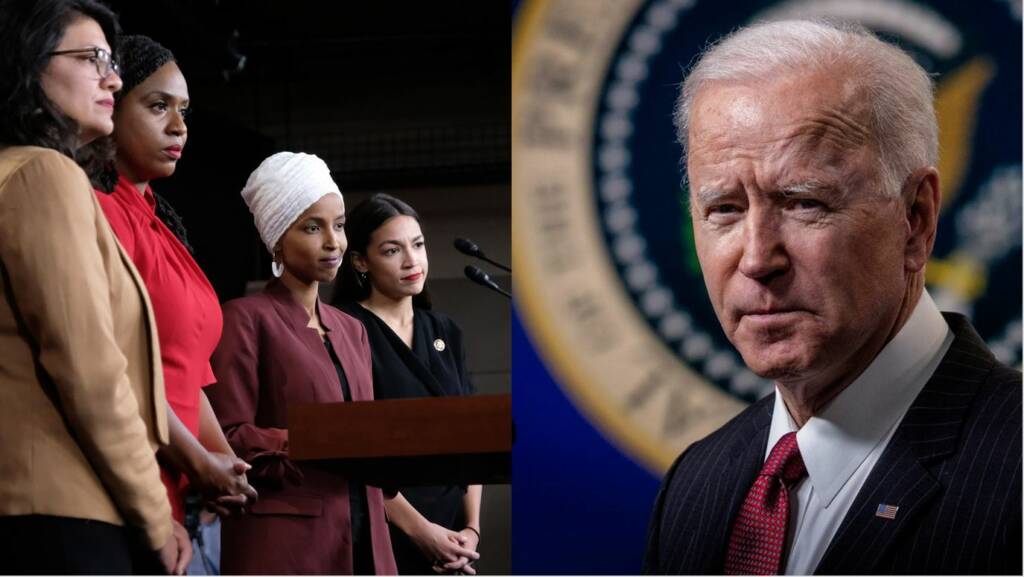Since Biden came to power, the Progressives have increased their influence on American executive. Leaders from the House of Representatives and Senate like Ilhan Omar, Alexandria Ocasio-Cortez, Rashida Tlaib, Ayanna Pressley, who were earlier considered fringe left voices, are increasingly being mainstreamed. And the effect of mainstreaming of these far-left leaders is clearly visible on some of the foreign policy issues raised by the American government.
Acting Assistant Secretary of State for South and Central Asia Dean Thompson’s statements during a Congressional hearing on Democracy in the Indo-Pacific on Wednesday at the House Foreign Affairs Subcommittee on Asia, the Pacific, Central Asia and Nonproliferation, are an example of this.
“Some of the Indian government’s actions have raised concerns that are inconsistent with India’s democratic values,” he said during a Congressional hearing. “This includes increasing restrictions on freedom of expression and the detention of human rights activists and journalists.”
However, he also praised Indian democracy and India-American relations. “India remains the world’s largest democracy with a strong rule of law and independent judiciary and enjoys a strong and growing strategic partnership with the United States,” Thompson said.
This is not the first time that so-called ‘progressives’ in the United States Congress tried to influence the executive under Biden to raise issues concerning the internal matters of India. Previously in March, the Chairman of the United States Senate Foreign Relations Committee shot off a letter to USA’s Defence Secretary Lloyd Austin, who was on a two-day visit to India from March 19 – March 21. In his letter, the foreign affairs committee chair, Robert Menendez has sought to blackmail India, by trying to interfere in the internal affairs of the country.
Making his inclinations and anti-India bias clear, the Senate Foreign Relation Committee chair also wrote, “The Indian government’s ongoing crackdown on farmers peacefully protesting new farming laws and corresponding intimidation of journalists and government critics only underscores the deteriorating situation of democracy in India…Moreover, in recent years, rising anti-Muslim sentiment and related government actions like the Citizenship Amendment Act, the suppression of political dialogue and arrest of political opponents following the abrogation of Article 370 in Kashmir, and the use of sedition laws to persecute political opponents have resulted in the US human rights group Freedom House stripping India of its ‘Free’ status in its yearly global survey.”
Even this time, some of the elected leaders, whose only aim is to get reelected, tried to raise some of the issues that would surely piss off the Indian government.
Congresswoman Chrissy Houlahan, who represents a Congressional district from Pennsylvania, raised the issue of Kashmir during the Congressional hearing.
“Although of course, they’re two great democracies, democracies including ours and India’s are not without their flaws and problems. I do have a pretty big (number of) Kashmiris in my community and there is, of course, concern about the treatment of the Kashmir people,” she said.
If the executive under Biden tries to please the progressives by including some of their stances in their official policy on India, this would surely deteriorate the Indo-US relations, which is going to be the most important partnership of the 21st century.
Under the Modi government, India does not give two hoots about what the Biden administration or the US Congress thinks about the internal affairs of India, but bringing these during official negotiations would definitely harm the chances of having a fair deal for both sides.
